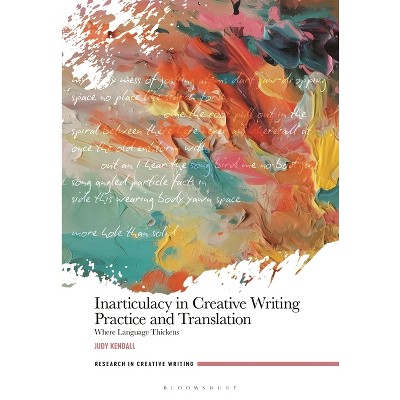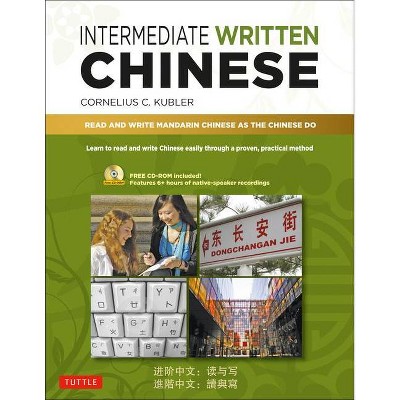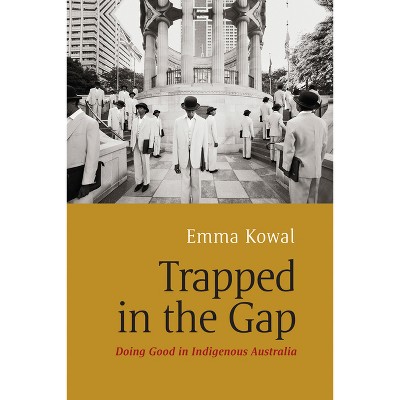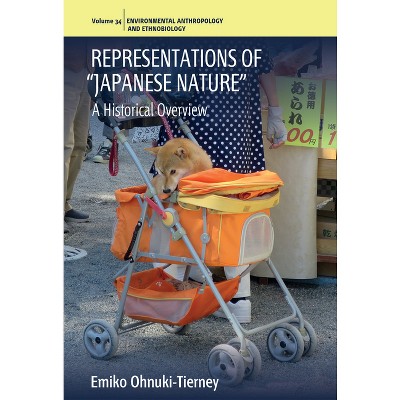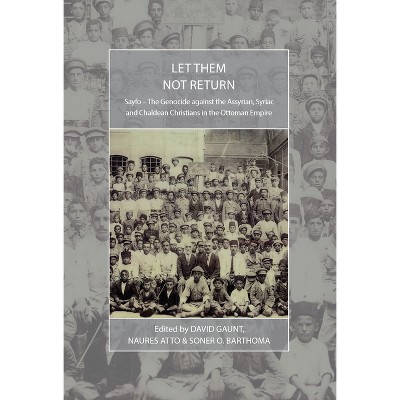Sponsored

Playing with Languages - by Amy L Paugh (Paperback)
In Stock
Sponsored
About this item
Highlights
- Over several generations villagers of Dominica have been shifting from Patwa, an Afro-French creole, to English, the official language.
- Author(s): Amy L Paugh
- 264 Pages
- Education, General
Description
About the Book
- Playing with Languages is the first book-length exploration of everyday social interaction, language shift and revitalization, and children's play in Dominica
- The book offers much needed insight into Caribbean children's agency and their roles in cultural and linguistic transmission and change, contributing to the burgeoning interdisciplinary study of children's cultures
- The study stands out in its investigation of language socialization and language shift from birth through early adolescence with attention to caregiver-child, teacher-student, and significantly, children's peer interactions
- Through analysis of over 150 hours of video-recorded interaction in naturalistic settings, the book vividly depicts the daily lives of Caribbean families and the ways in which they construct their relationships, identities and communities
Book Synopsis
Over several generations villagers of Dominica have been shifting from Patwa, an Afro-French creole, to English, the official language. Despite government efforts at Patwa revitalization and cultural heritage tourism, rural caregivers and teachers prohibit children from speaking Patwa in their presence. Drawing on detailed ethnographic fieldwork and analysis of video-recorded social interaction in naturalistic home, school, village and urban settings, the study explores this paradox and examines the role of children and their social worlds. It offers much-needed insights into the study of language socialization, language shift and Caribbean children's agency and social lives, contributing to the burgeoning interdisciplinary study of children's cultures. Further, it demonstrates the critical role played by children in the transmission and transformation of linguistic practices, which ultimately may determine the fate of a language.
Review Quotes
"One may hope that other anthropologists, especially those interested in the language use of migrant children, will feel inspired by this application of linguistic anthropology that (unfortunately) appears to be so much better established in the USA than in Europe. In this respect the book can also serve as a very useful introduction to many recent developments in this field because it explains and illustrates quite nicely such theoretical concepts as linguistic ideology, indexicality and register variation, to mention only a few important ones." - Social Anthropology/Anthropologie sociale
"[The author] provides her readers with a nuanced longitudinal ethnographic and discourse analytic investigation that features the roles that children, as caretakers and agents of language socialization, play in language shift and maintenance." - Journal of Linguistic Anthropology
"This is an extremely well written and accessible text. It integrates data and theory in a way that few writers have achieved... [and] breaks new ground in its innovative, comprehensive and theoretically engaging approach to peer
language socialization and language ideology." - Marjorie Harness Goodwin, University of California, Los Angeles
"[This book] presents important issues in clear, precise language and the use of the transcripts is wonderful. The detail and insight captured by this ethnographic account of children¹s interactions and language change is reminiscent of the best in the field." - Barbra Meek, University of Michigan
"The study is highly original and exceptionally valuable." - Elinor Ochs, University of California, Los Angeles
Shipping details
Return details
Trending Non-Fiction





